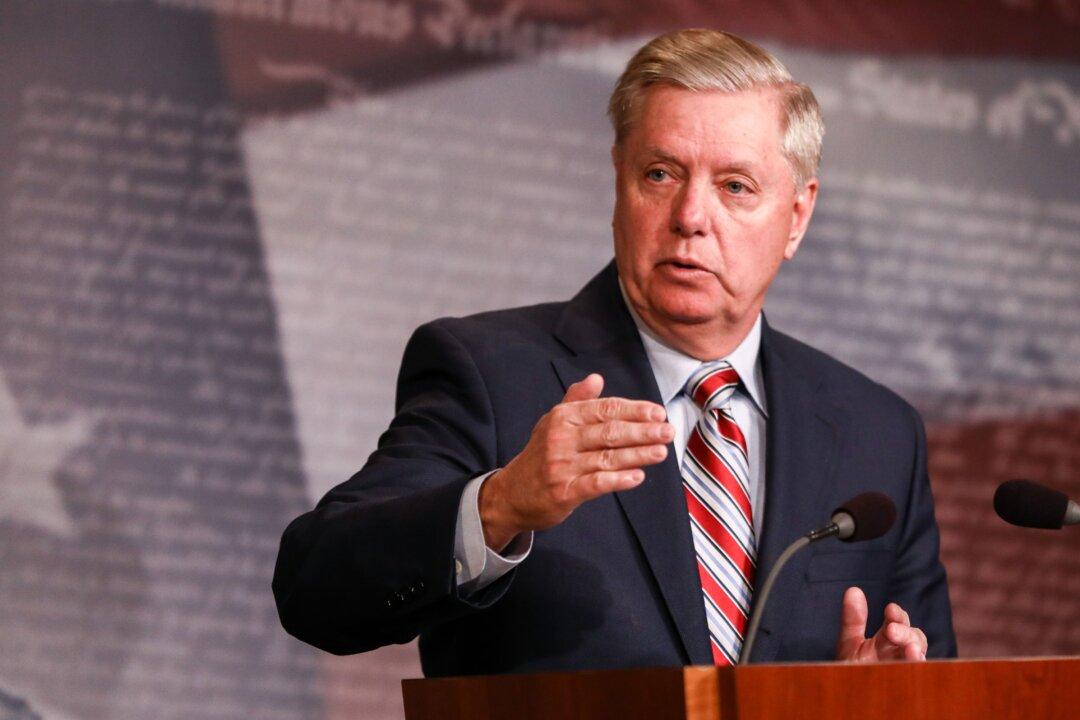Sen. Lindsey Graham (R-S.C.) invited special counsel Robert Mueller to testify about any potential discrepancies between responses Attorney General William Barr provided during a recent Senate hearing and the contents of a phone call between the two men.
In a letter (pdf) dated May 3, Graham offered Mueller the opportunity to “provide testimony regarding any misrepresentation by the Attorney general of the substance of that phone call” if the special counsel disagreed with Barr’s account of the exchange.




